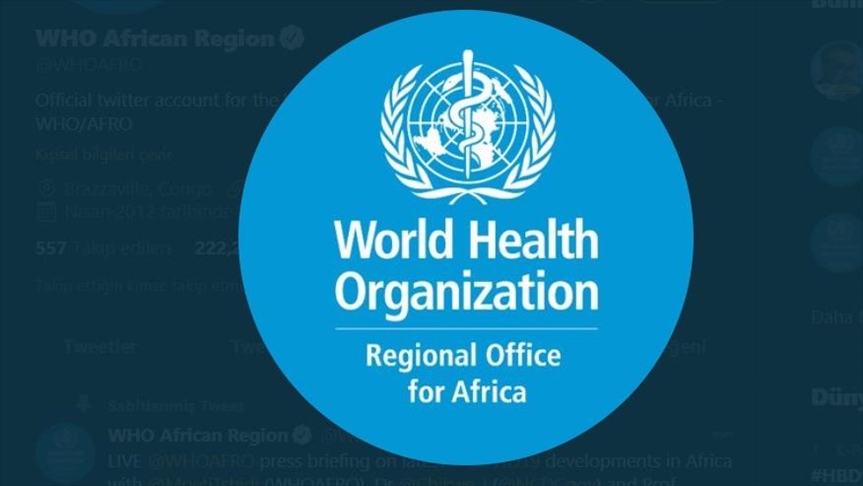By Asmau Ahmad
The World Health Organisation’s (WHO) Regional Director for Africa, Dr Matshidiso Moeti, has acknowledged the commitment of the Global Fund and the US Government through PEPFAR and the President’s Malaria Initiative, for their continues support to disease elimination efforts in the African region.
She stated this on Monday in Abuja during the inauguration of the 2022 Nigeria Malaria Report.
The report was launched by the Coordinating Minister of Health and Social Welfare, Prof. Ali Pate, when he received Dr John Nkengasong, the U.S. Global AIDS Coordinator and Special Representative for Global Health Diplomacy, the United States President’s Emergency Plan for AIDS Relief (PEPFAR).
Dr Moeti said that as one of the region’s largest and most economically important countries, Nigeria had a major role in tackling disease prevention and control among its population.
She, however, said that Nigeria had made great strides in improving the health of its population and that the country made progress on HIV between 2015 and 2021, meeting two of the 95-95-95 goals.
According to her, tuberculosis intervention coverage is improving, with increasing case detection over the same period.
Moeti said: “The African Region carries a high proportion of the global malaria burden, accounting for about 95 per cent of all malaria cases and 96 per cent of all malaria deaths in 2021.
“While Nigeria accounts for around 27 per cent of the global burden of malaria cases, the country has seen major progress.
“Malaria incidence has fallen by 26 per cent since 2000, from 413 per 1000 to 302 per 1000 in 2021. Malaria deaths also fell by 55 per cent, from 2.1 per 1000 population to 0.9 per 1000 population.”
Moeti said that the drivers of the continuing disease burden include the size of Nigeria’s population, making scaling up intervention challenging; suboptimal surveillance systems, which pick up less than 40 per cent of the country’s malaria data.
Also, inadequate funding to ensure universal interventions across all states and health seeking behaviour, where people use the private sector, with limited regulation, preferentially.
She added: “Further, learning from COVID-19, we know that continuity of provision of essential health services is critical to interventions in malaria and other diseases.
“This is particularly in populations affected by humanitarian emergencies and changing environmental factors, such as climate change, and farming and mining practices that may increase transmission.
“Addressing the prevention, elimination, and control of malaria and the burden from other diseases requires critical data and information gathering for evidence-based investment and decision-making.”
According to her, the report on malaria in Nigeria 2022 is an excellent model from which to use data to prioritise health interventions.
Moeti added that using data, Nigeria could prioritise and target interventions, optimise allocation of resources and facilitate the monitoring of performance at federal and state levels.
She also said that the report was a result of the collaboration between the Nigeria Malaria Elimination Programme, the WHO Regional Office for Africa, and the Global Malaria Programme.
It provides critical information on the status of malaria in each of the 36 States and the Federal Capital Territory of Nigeria, making it unique in providing data at the state level.
According to her, this is to guide a truly subnational response to malaria, providing an overview of the malaria situation across all states.
Also focusing on population demographics, malaria interventions, climate and disease burden.
“Going forward, the regional office must support the generation of the data and evidence required to develop similar reports on other diseases and conditions.
“This will enable countries to monitor interventions at national and sub-national level, to tailor the use of funds by donors and government in the control of communicable and non-communicable diseases.
“WHO will continue to play a central and connecting role in working with government, the global fund, PEPFAR, PMI and other partners in Nigeria, at national and state level, to optimise investments to reduce the burden of malaria and other diseases in the country.” (NAN)




